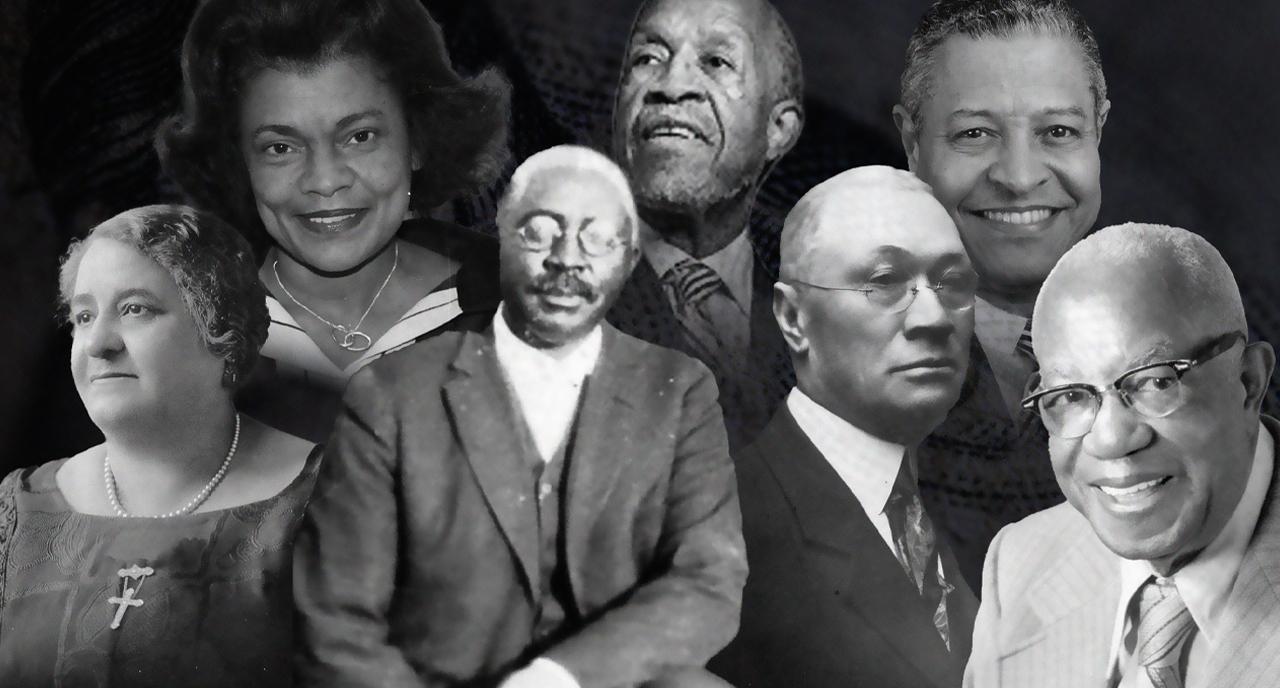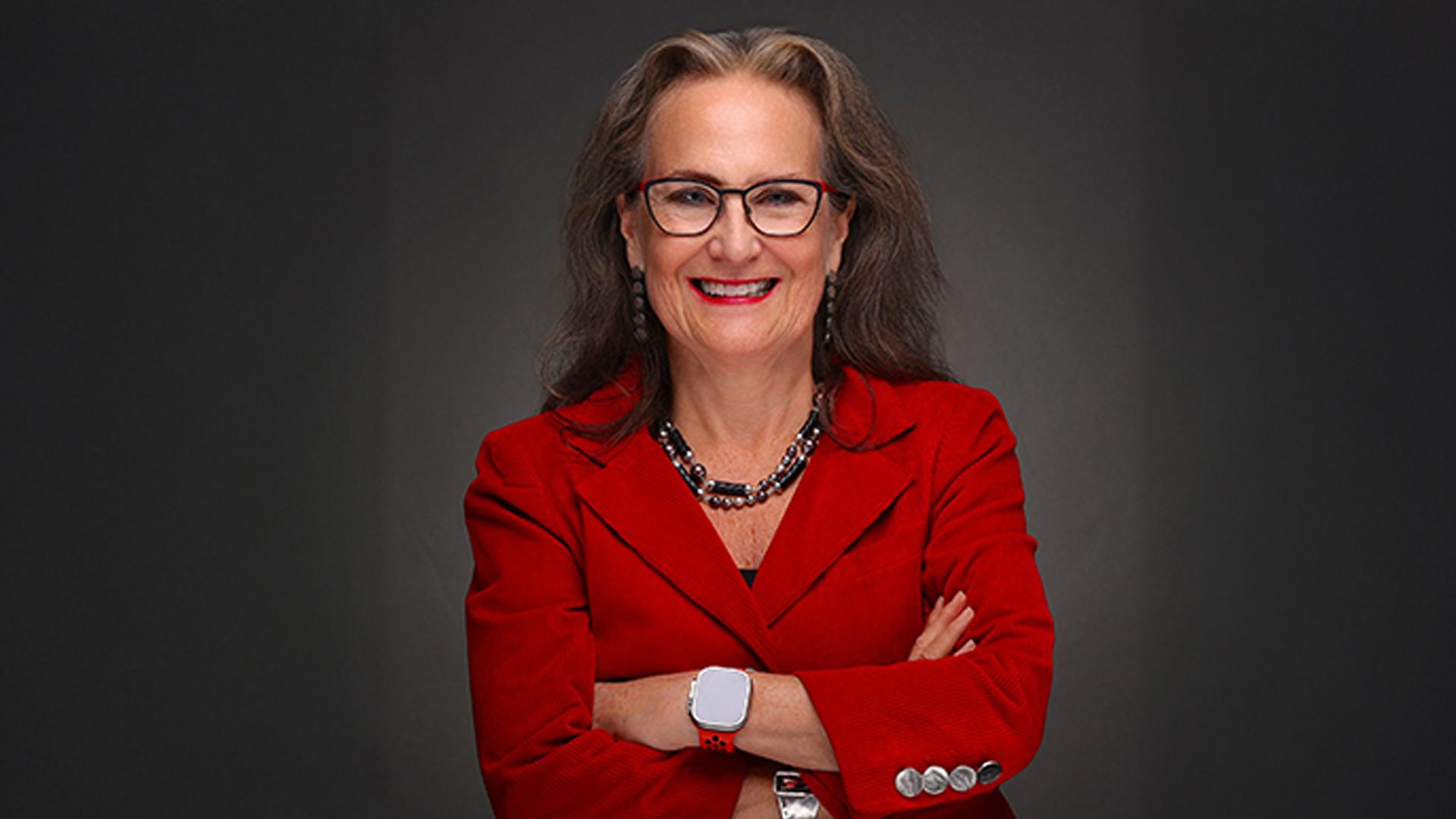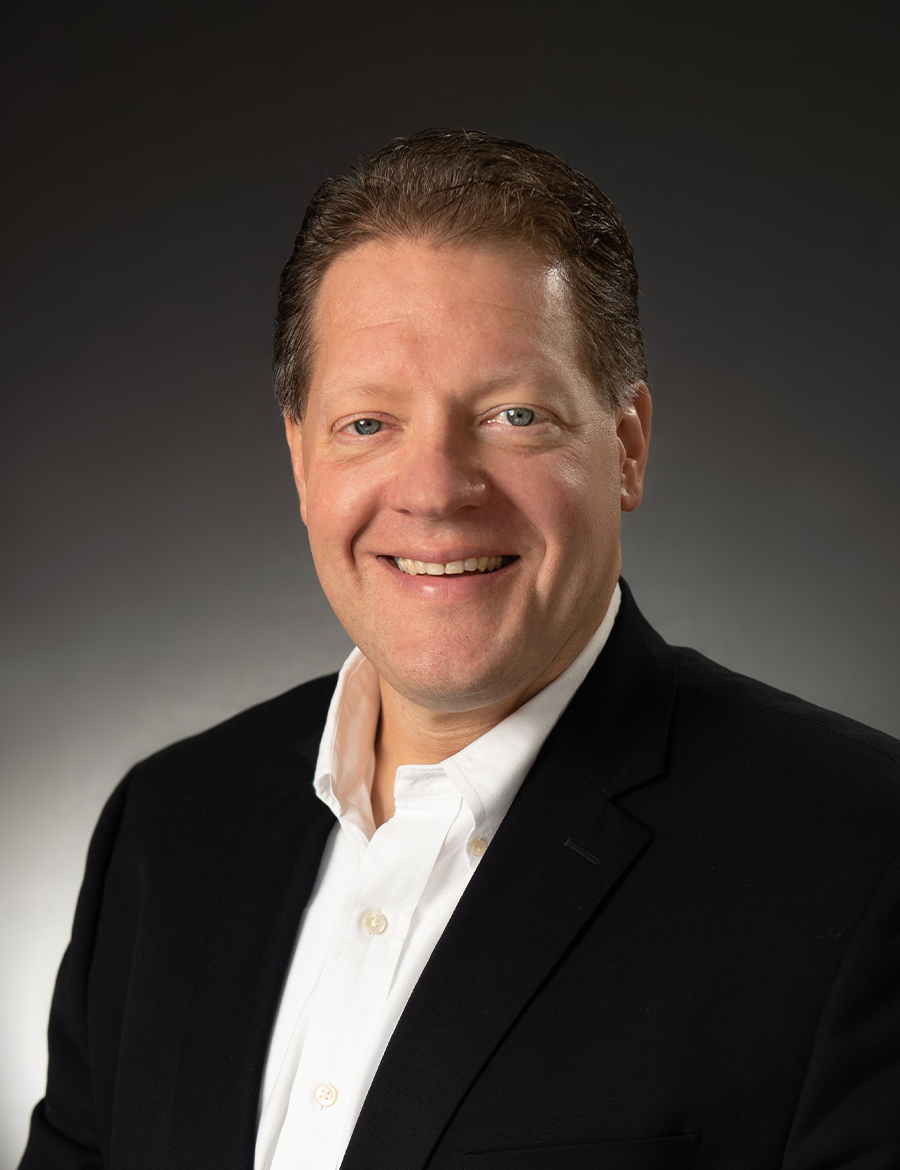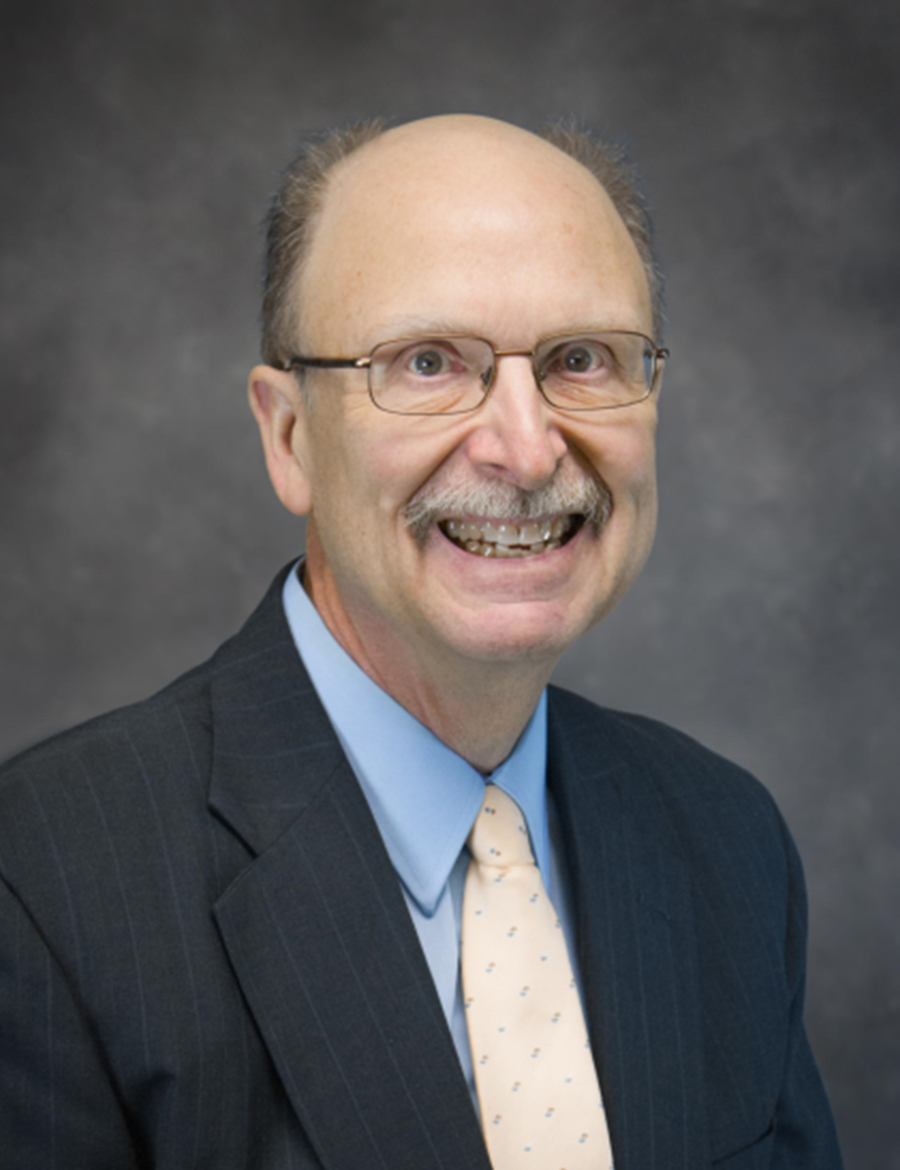Author
Subscribe to Newsletter
Related Posts
News Roundup: December 2025
View DetailsThe Future of Advice
View DetailsRetirement Planning Insights
Navigating Social Security Fairness With Clients

Upon its passage, the SSFA was hailed as the most significant piece of Social Security reform in years due to its elimination of the so-called Windfall Elimination Provision (WEP) and Government Pension Offset (GPO). Essentially, these decades-old provisions barred certain types of public-sector employees, like firefighters and teachers who may have already enjoyed special federal benefits, from accessing the full benefits their fellow citizens could.
Many considered the provisions to be unfair penalties on those who selflessly choose to serve others; however, some experts have pointed out the original point behind them was to prevent these employees from “double-dipping” and claiming both full Social Security and other government benefits that would put them head and shoulders above their fellow citizens. They also say that without restrictions on how much Social Security benefits they can claim, the program overall may come under greater stress and run out of money more quickly — perhaps as soon as 2032.
As Professor of Practice Steve Parrish, JD, RICP®, CLU®, ChFC®, AEP® puts it, “The challenge with the SSFA is that Congress used a hatchet rather than a scalpel. Instead of addressing the unfairness that the current law subjects certain government workers and their spouses to, it just threw out the decades-old protection provisions. So now, some government employees and spouses will, arguably, enjoy a benefit windfall that is not available to workers in the private sector — and this entails a significant fiscal cost during a time when Americans are worried about the depletion of the Social Security Trust Fund in the next decade. We have an expensive new law that many will believe to be unfair.”
While it remains to be seen what, if anything, the government will do to address persistent Social Security funding issues, here are a few things you can do right now to address the SSFA’s impact on your clients.
1. Check Your Clients’ Tax Bracket
Receiving a bigger Social Security check in the mail may be an exciting prospect for your clients — but with bigger benefits come potentially bigger tax obligations. In some cases, your clients’ upgraded benefits may move them into a higher tax bracket, as well as make them subject to greater surcharges from Medicare. Higher benefits may make these charges easier to pay, but they can be painful if unanticipated.
2. Review Clients’ Benefit Eligibility
In many cases, receiving these new government benefits puts the onus on recipients to have knowledge of and apply for them — and in cases of major regulatory change, it’s important to ensure your clients don’t fall through the cracks. Experts recommend talking with your clients about the benefits they receive and examining whether the SSFA’s changes may open up greater opportunities for them in retirement.
3. Take a Long View of Potential Changes
Experts examining the SSFA acknowledge that as the law is gradually phased into effect, it may take a while before your clients notice changes in their benefits. Some estimates put the delay at up to a year while the SSFA is implemented and the kinks worked out — so it would be a mistake for clients to up their spending or change their plans immediately.
Furthermore, changes in benefits may impact your clients’ future retirement plans now that they may have thousands of additional dollars. Working with them to see how they can maximize their wealth and get the best retirement experience for their assets is, as always, a critical consideration.
Looking for an education that plugs you into all the latest knowledge and insights from experts in Social Security, retirement planning, benefits navigation, and more? Check out the Retirement Income Certified Professional® (RICP®) Program now.
More From The College
- Secure retirement planning expertise with the Retirement Income Certified Professional® (RICP®) Program
- Listen to this podcast on Social Security and retirement planning
Author
George Nichols IIISubscribe to Newsletter
Related Posts
News Roundup: December 2025
View DetailsThe Future of Advice
View DetailsFrom The President Insights
Black History is Americas History

Black History Month is a time for all of us to remember, recognize, and honor the Black and African American heroes of the past, as well as those making history in our own era. Designated by Congress in 1976, like other months that follow — such as Women’s History Month in March (designated in 1987) and National Military Appreciation Month in May (designated in 1999) — Black History Month is when we pause to acknowledge and highlight the difference-makers who represent the best of the American spirit and values. Their contributions are an integral part of the fabric of both the nation and the financial services profession.
Black history is America’s history. Slavery was a chapter in our story. Later, the separate-but-equal treatment of Blacks in the Jim Crow era was a chapter. These pivotal points in our country’s history taught important lessons about the deep pain and societal damage that can occur when citizens are not able to participate fully in the American dream of life, liberty, and the pursuit of happiness. It’s important that we reflect on those two chapters in American history; as the saying goes, people who don’t know history are doomed to repeat it.
Black history is America’s history. There are also wonderful moments of American history, including many more chapters in which Black Americans played a prominent role in the advancement and betterment of all society. We want to remember those milestones and allow ourselves to be inspired by them.
Within financial services, we honor the memories of Black pioneers in our profession, including:
- Maggie Lena Walker, who became the first woman to own a bank in the United States when she founded the St. Luke Penny Savings Bank in 1903
- O.W. Gurley, who founded Black Wall Street upon purchasing 40 acres in Tulsa, Oklahoma in 1906
- Alonzo Herndon, who founded the Atlanta Life Insurance Company in 1922
- Arthur George Gaston, who founded the Booker T. Washington Insurance Co. in 1923
- Ernesta Procope, who founded private insurance company E.G. Bowman in Brooklyn in 1953, which later moved to become the first Black-owned business on Wall Street
- LeCount Davis, CFP®, who is the first Black person to earn the CERTIFIED FINANCIAL PLANNER™ certification, having become a CFP® professional in 1978
- Clifton Wharton, Jr., who is former chairman of the Rockefeller Foundation and former chair and CEO of TIAA-CREF, where he started in 1987
- And the list goes on…
I hope you will read and share these stories. It is my honor to stand on the shoulders of these giants. I had the honor and privilege of being elected the first Black president of the National Association of Insurance Commissioners (NAIC) in 2000, and have served as the first Black president of The American College of Financial Services since 2018. When I reflect on these “firsts,” I’m reminded of my favorite song from the musical Hamilton: “And even now I lie awake, knowing history has its eyes on me.”
Black history is America’s history. So perhaps this year, we can ask ourselves what role we will play in the history (and future) of financial services. There’s not a day that goes by that I don’t feel the support of this community of financial professionals who love their life’s work and love The College. Everyone who shares in the noble purpose of our profession should feel a sense of belonging.
“We honor the memories of Black pioneers of our profession… I hope you will read and share their stories.”
It is my pleasure to lock arms with you on our journey to benefit society through applied financial knowledge. Whatever your background, whatever your race, whatever your specialization within this noble profession, know this: We are together in a transformational period in College history—and you can make a difference.
Here are some of the ways The College honors the legacy of Black pioneers and empowers today’s financial professionals through our strategic focus on representation:
We educate sponsors and fellows in a one-of-a-kind shared learning experience through the Black Executive Leadership Program
We expand opportunities for professional connections at our annual event coming up in August in Atlanta, the Conference of African American Financial Professionals (CAAFP)
We reach students at Historically Black Colleges and Universities with our consumer educational program called Know Yourself, Grow Your Wealth®
I encourage you to learn more about what we’re doing and make your own connections with our Center for Economic Empowerment and Equality.
Whatever Black History Month means to you, I hope you feel proud to represent the financial services profession and are hopeful to see the financial services profession better represent all of us. I believe every one of us, from every background and identity, can be part of American history and part of the future of financial services.
Black history is America’s history. This month, we honor the many successes and achievements of the Black and African American community. Together, we have made — and continue to make — incredible progress. And even as we recognize the accomplishments of the past, we also look to the future.
As a closing thought, I’ll quote the Hamilton song once more… “I know that greatness lies in you. But remember from here on in, history has its eyes on you.”
“I hope you feel proud to represent the financial services profession and hopeful to see the financial services profession better represent all of us.”
Author
Subscribe to Newsletter
Related Posts
News Roundup: December 2025
View DetailsThe Future of Advice
View DetailsAbout The College Press
Impact of Designations on Business and Client Success

KING OF PRUSSIA, PA – February 19, 2025 - The 2024 Designation Outcomes Study, developed and executed by FUSE Research Network, reveals powerful insights into how these credentials drive greater productivity, growth, and client satisfaction.
This study shows that financial professionals who earn designations from The College experience marked improvements in client retention, earnings, and business growth compared to their peers without any designations.
“The data clearly shows the undeniable value of continuous learning in our industry,” said President and CEO George Nichols III, CAP®. “Our designations equip financial professionals with applied knowledge, making them better able to serve their clients and drive success. This study demonstrates that when financial professionals invest in their education, they experience real, measurable outcomes that positively impact their businesses and their clients' futures. As the profession is ever evolving, it is paramount for financial advisors to remain vigilant and relevant through lifelong learning.”
Compared to financial professionals with no designations, College designees report better outcomes, including:
- Client Retention: College designees report 35% higher growth in client retention over the past three years than financial professionals with no designations.
- Client Referrals: College designees experience 16% higher growth in client referrals over the past three years compared to financial professionals without designations.
- Earnings: Designations contribute to 13% higher growth in earnings for College designees compared to non-designees over the past three years.
Notably, those who earn multiple designations see even stronger results across the board, such as increases in their earnings and their assets under management:
- Overall Earnings: Financial professionals with multiple designations report 19% higher growth in earnings compared to those with no designations.
- Assets Under Management (AUM): Financial professionals with multiple designations from The College report 12% higher growth in AUM compared to those with single designations.
This study also highlights the importance of specialization, illuminating how designations like the Retirement Income Certified Professional® (RICP®), Chartered Advisor in Philanthropy® (CAP®), and Chartered Special Needs Consultant® (ChSNC®) have a unique impact on financial professionals’ ability to address specific client needs, such as retirement income planning, charitable giving strategies, and planning for families with special needs.
“The College is dedicated to providing rigorous, evidence-based education that enables professionals to deliver exceptional service right away,” said Chia Li Chien, PhD, CFP®, PMP®, CPBC, associate provost for undergraduate and graduate programs at The American College of Financial Services. “Our programs are designed not only to help advisors succeed in their careers but to continuously evolve with the industry's needs, ensuring that they remain equipped to meet the challenges of today and tomorrow.”
This study also highlights significant improvements in client satisfaction and advisor-client relationships. Key outcomes include:
- Client Satisfaction: 65% of designees report significant or moderate improvement in client satisfaction since earning their designation.
- Client Conversations: 74% of designees report significant or moderate improvement in their client conversations.
- Ability to Help Clients With More Goals: 70% of designees report significant or moderate improvement in their ability to help clients achieve a greater number of financial goals.
The College is launching a new microsite that presents the study's findings in a clear and actionable way for financial professionals and organizations interested in learning about the benefits of foundational and specialized designations. The College has also begun the research and discovery phase of an awareness campaign designed to increase the public’s understanding of designations, so they may connect with highly credentialed professionals who focus on various areas of applied financial knowledge.
For more information about the 2024 Designation Outcomes Study, visit our webpage or contact:
Sarah Tremallo
908-967-0381 / Stremallo@jconnelly.com
Jared Trexler
610-526-1268 / jared.trexler@theamericancollege.edu
ABOUT THE AMERICAN COLLEGE OF FINANCIAL SERVICES
Founded in 1927, The American College of Financial Services is the nation’s largest nonprofit educational institution devoted to financial services professionals. Holding the highest level of academic accreditation, The College has educated over 200,000 professionals across the United States through certificate, designation, and graduate degree programs. Its portfolio of applied knowledge also includes just-in-time learning and consumer financial education programs. The College’s faculty represents some of the foremost thought leaders in the financial services industry. Visit TheAmericanCollege.edu and connect with us on LinkedIn, X, Instagram, Facebook, and YouTube. Discover all the ways you can expand your opportunities with us.
Author
Subscribe to Newsletter
Related Posts
News Roundup: December 2025
View DetailsThe Future of Advice
View DetailsEthics In Financial Services Insights
Center for Ethics Inaugural AI Ethics Strategy Fellow

In this role, Bonime-Blanc will collaborate with the Center to develop programming and strategic initiatives focused on AI ethics in financial services. As artificial intelligence continues to shape the industry, ensuring that AI-driven decisions align with ethical principles and trust remains a priority. Through this fellowship, the Center aims to provide thought leadership, practical guidance, and industry-wide discussions on the responsible use of AI.
Bonime-Blanc is the Founder and CEO of GEC Risk Advisory and has served as an advisor to companies, governments, and organizations worldwide on ethics, risk, governance, and AI strategy. A widely published author and thought leader, Bonime-Blanc’s recent article, "5 Guiding Principles for Trustworthy Tech Leadership in 2025 and Beyond," offers a timely perspective on the ethical challenges and responsibilities of technology leaders. She outlines five key principles—ethical foresight, risk intelligence, responsible innovation, adaptive resilience, and stakeholder trust—as critical foundations for ensuring that emerging technologies, including AI, serve society in a trustworthy and sustainable way.
As Bonime-Blanc joins the Center, we look forward to building on these insights to help financial services professionals navigate the ethical complexities of AI. Stay tuned for upcoming programs and discussions that will shape the future of responsible AI in the industry.
More from The College
- Read Bonime-Blanc’s full article here to explore how these guiding principles can help shape the future of ethical AI leadership.
- Stay informed about our latest AI research and initiatives—follow us on LinkedIn for updates and insights.
Author
Steve ParrishSubscribe to Newsletter
Related Posts
News Roundup: December 2025
View DetailsThe Future of Advice
View DetailsRetirement Planning Insights
Social Security in Retirement Planning

In this episode of our Shares podcast, Professor of Practice Steve Parrish, JD, RICP®, CLU®, ChFC®, AEP® welcomes Jason Fichtner, PhD, an expert on Social Security and retirement policy, for a conversation on the current status and future of the popular and cornerstone benefit program. They cover the impact of the latest regulatory updates on Social Security, what may happen to benefits in the future, and how financial professionals can work with their clients to secure their retirement planning.
Jason Fichtner, PhD is Senior Fellow at the Bipartisan Policy Center. His areas of expertise focus on Social Security, federal tax policy, federal budget policy, retirement security, and policy proposals to increase saving and investment. He is also Executive Director of the Retirement Income Institute, Alliance for Lifetime Income. Fichtner has significant government experience, having served in several positions at the Social Security Administration, including as Deputy Commissioner of Social Security (acting), Chief Economist, and Associate Commissioner for Retirement Policy. He also served as a senior economist with the Joint Economic Committee of the US Congress and as an economist with the Internal Revenue Service. He has held teaching positions at Johns Hopkins University – School of Advanced International Studies (SAIS), Georgetown University, and Virginia Tech. His work has been featured in the Washington Post, the Wall Street Journal, the New York Times, Investor’s Business Daily, the Los Angeles Times, the Atlantic, and USA Today, as well as on broadcasts by C-SPAN, PBS, NBC, NPR, and SiriusXM.
Any views or opinions expressed in this podcast are the hosts’ and guests' own and do not necessarily represent those of The American College of Financial Services.
More From The College
- Learn more about our Retirement Income Certified Professional® (RICP®) Program
- Register for our upcoming Knowledge Hub+ webcast on Social Security planning

Jason Fichtner
PhD

PhD, RICP®
Author
Subscribe to Newsletter
Related Posts
An Update on Social Security
Author
Subscribe to Newsletter
Related Posts
News Roundup: December 2025
View DetailsThe Future of Advice
View DetailsTax Planning Insights
What Financial Professionals Need for 2025 Tax Planning

From the potential for more paperwork in third-party payments to shifts in how state and local tax deductions are calculated, tax impacts on financial planning in 2025 may have wide-reaching implications for your clients. Here are a few of the most significant changes to consider.
Download our 2025 Tax Planning Guide now!
Have Clients Check Their Tax Bracket
Due to inflation adjustments, tax planning in 2025 could get a bit easier for some clients as tax brackets widen. Basically, for those clients who were at either end of their current tax bracket in 2024, it’s possible their status may have shifted into a lower bracket — which would also lower their 2025 taxes. Which bracket your clients fall into could dramatically shift their taxable income, as well as other considerations such as retirement planning.
Third-Party Payments Could Get More Complicated
If your clients frequently use payment apps, money transfer services, or third-party websites like PayPal, Venmo, and eBay to get paid, chances are they could be dealing with more tax planning paperwork in 2025. Revisions to Internal Revenue Service (IRS)1099-K forms and reporting thresholds mean that all proceeds above $600 must be reported in official documentation — a significant lowering of the bar from the old $5,000 threshold.
While it’s the law to report all income in taxes, many of your clients may underreport such payments due to the previously high threshold — and that means they’ll likely be seeing more 1099 forms in the mail. Clients may need additional guidance on how to navigate the tax planning process if they commonly use third-party services as a source of income.
Consider Sheltering Some Income
The 2017 Tax Cuts and Jobs Act (TCJA) significantly reshaped the tax-planning landscape, relieving the tax burden on many clients; however, with those changes set to expire at the end of 2025 without further legislative action, now may be a good time to discuss some opportunities for protecting clients’ income in non-taxable accounts. If your clients are looking to save more as part of their retirement planning without worrying about tax, speaking with them about the benefits of tax-deferred, employer-sponsored retirement plans, such as 401(k) plans, or traditional and Roth IRAs may be advisable. If they’re looking to put non-taxable dollars toward a child’s future education, a 529 college savings account could also be helpful.
In addition, gifts to family members or charitable giving toward a favored nonprofit or cause can protect income during tax planning — so 2025 may be an ideal time for your clients to consider making such a gift.
"There's a few last-minute tax impacts that you can implement today,” said Sophia Duffy, JD, CPA, AEP®, associate professor of business planning and Tax Planning Certified Professional® (TPCP®) program director in a recent interview with Yahoo Finance. “For example, increasing charitable deductions so that you go over the standard deduction may make sense. You could also take advantage of a strategy called tax loss harvesting. This may be a little bit more difficult, but for anywhere where you’ve seen market losses, you can actually realize that loss today and then use that to offset some capital gains with other investments tomorrow."
Keep an Eye on the Child Tax Credit
For clients with children, they may be interested to know the 2025 Child Tax Credit ceiling is more generous than ever. Under 2025 tax planning guidelines, the maximum refundable amount per child on tax returns will increase from $1,900 to $2,000. The impending expiration of the TCJA at the end of the year, however, could trigger a significant change in those refunds in 2026 — making it something you and your clients may want to watch.
Be Mindful of State and Local Tax Deductions
For your clients who may itemize their tax deductions to reduce taxable income, it will also be important to monitor developments in the state and local tax (SALT) deduction. With the advent of the TCJA, a $10,000 cap was placed on such deductions in tax planning, which can lead to a greatly reduced tax bill. With the TCJA’s future uncertain, that cap could well be rolled back in 2026, presenting an entirely new landscape of tax impacts on financial planning. For such tax planning purposes, you can help your clients by helping them take a long view of tax-informed planning — such as that found in the Tax Planning Certified Professional® (TPCP®) Program.
Looking for more resources for your 2025 tax planning needs? Download our 2025 Tax Planning Guide.